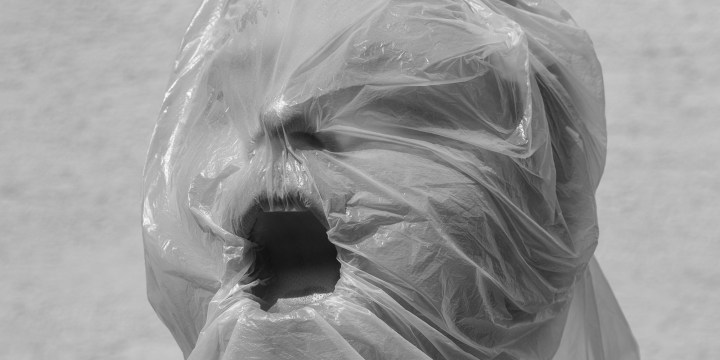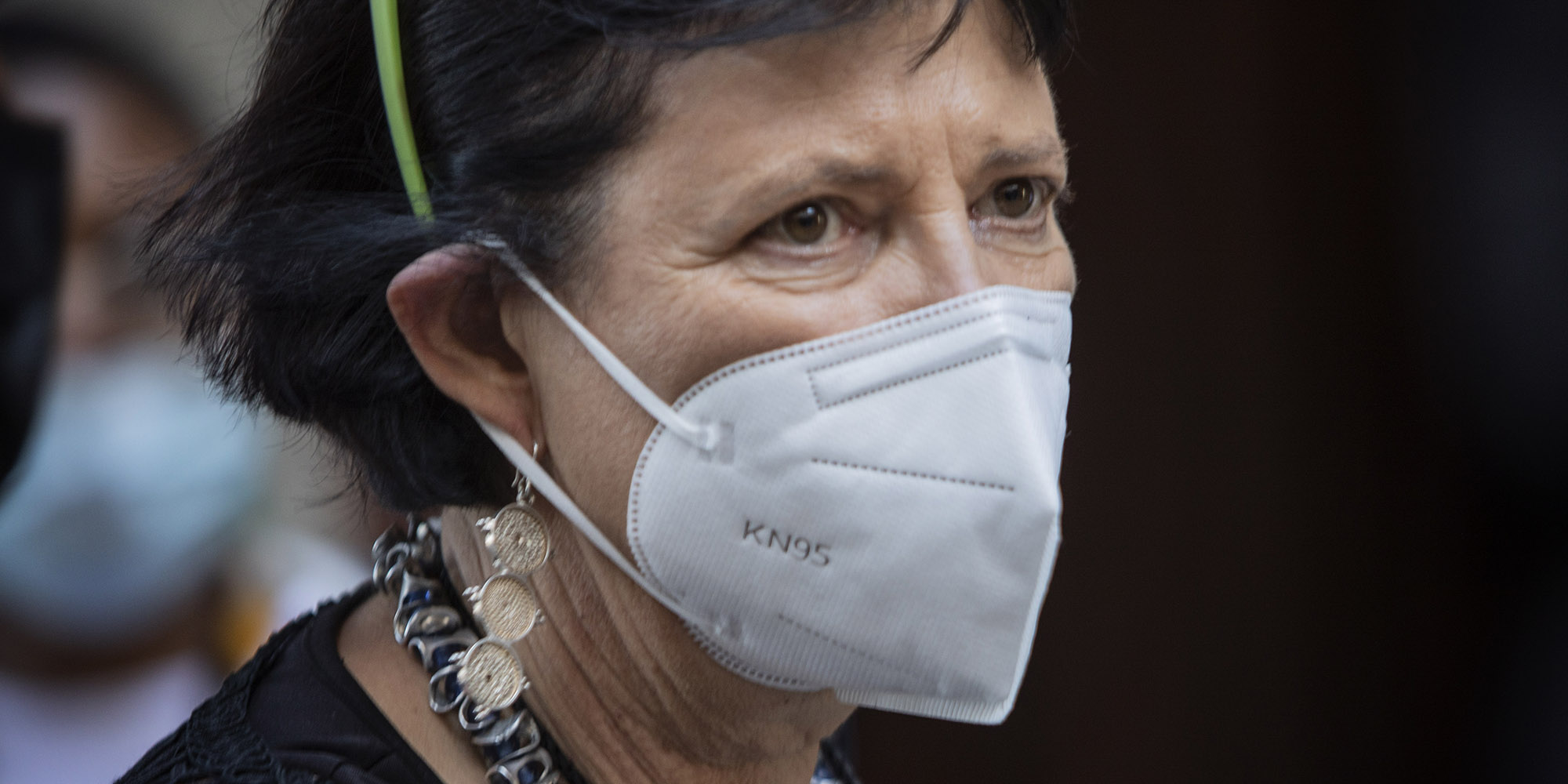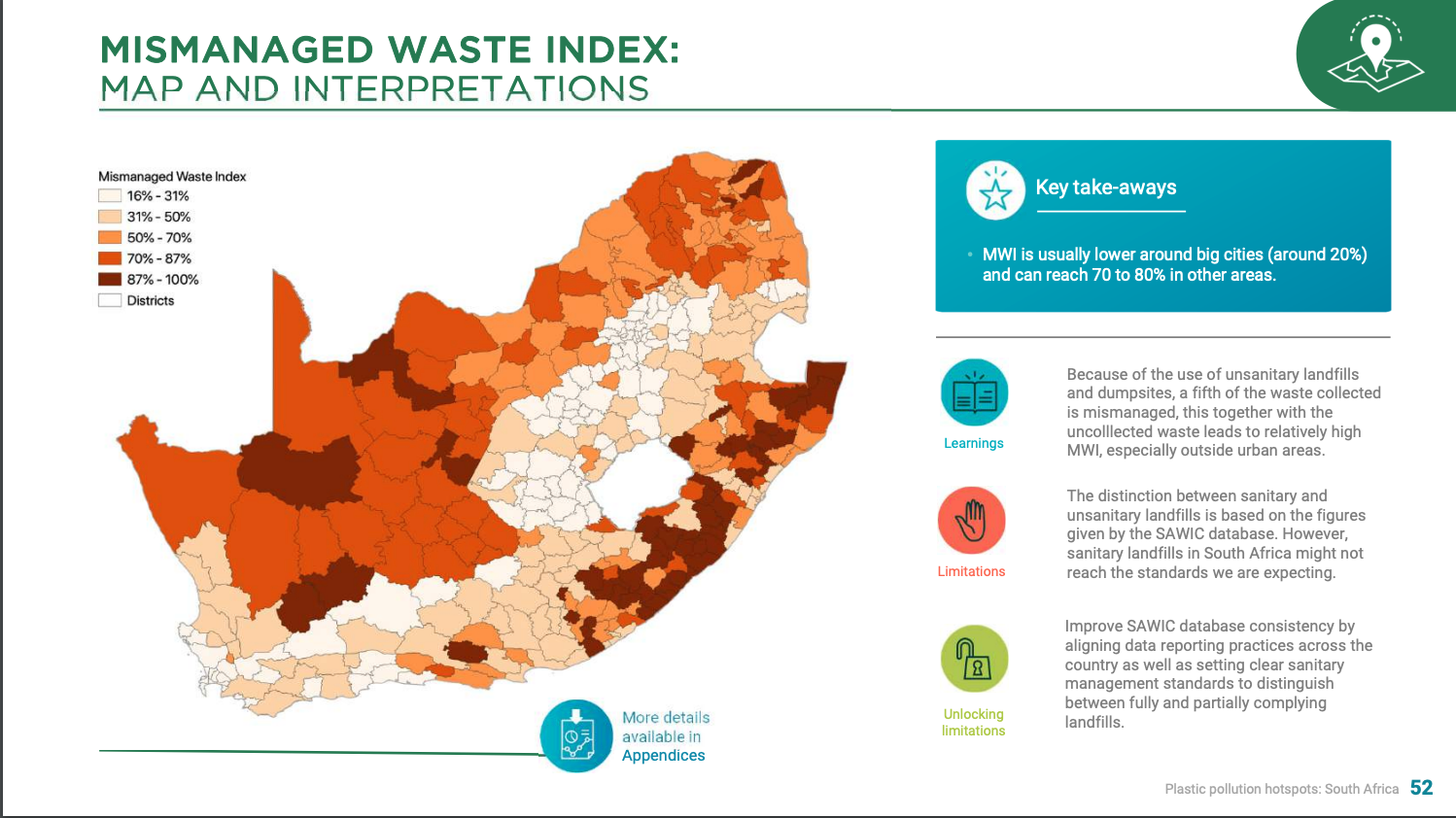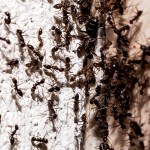DRAFT TREATY
Ban on single-use plastic is not yet on the table in SA, says Creecy

The Department of Forestry, Fisheries and the Environment will be persuading the plastics industry to regulate their plastic use as opposed to banning the fossil fuel byproduct that has been at the centre of detrimental environmental degradation.
A single-use plastic ban is not on the cards in South Africa yet, Barabra Creecy, minister of the Department of Forestry, Fisheries and the Environment (DFFE) told Daily Maverick as she raised concerns about law enforcement over the ban.
“We may not be using a ban. But that doesn’t mean that [plastic producers] have the latitude to do nothing,” Creecy said.
“I’m a great fan of carrots. But, of course, if you don’t like carrots, you might need a stick. We are seeing a shift and quite a significant shift [in plastic use and production]. And I think that what we will have to measure is whether there’s a consistent shift,” the minister said in answering whether a ban was on the cards.
Creecy’s stance and concern come a day after the resumed fifth session of the United Nations Environment Assembly (Unea-5) adopted the first legally-binding draft treaty to end plastic pollution throughout the lifecycle of the material.

Minister of Forestry and Fisheries and Environmental Affairs Barbara Creecy on the red carpet prior to President Cyril Ramaphosa delivering the State of the Nation Address at City Hall in Cape Town, South Africa on Thursday 10 February 2022. (Photo: Leila Dougan)
“The thing I’ve always been worried about is whether we would be able to enforce a ban. We have a few complexities with law enforcement in South Africa. I would rather do a lot of work to persuade a range of sectors to take [single-use plastic products] off their value chains completely,” Creecy said in Nairobi at Unea-5.
The persuasion methods Creecy referred to include the Extended Producer Responsibility (EPR) regulations, which ensure that plastic producers take financial responsibility for the waste associated with the lifecycle of the material.
Other measures include ensuring producers make use of recyclable materials in bottling and packaging, producing 100% recycled plastic bags by 2027 and encouraging retailers and fast-food sectors to do away with single-use plastics.
The DFFE also started a “Source to Sea” pilot programme in KwaZulu-Natal that tackles plastic pollution upstream of rivers that house informal settlements. Increased public awareness around plastic waste, clean-ups in areas such as taxi ranks, and regular sponsored beach clean-ups are also part of the pilot programme, Creecy told Daily Maverick.
About 2,371 million tonnes of plastic waste are generated in South Africa every year, with 3%, or about 80,000 tonnes of plastic leaking into the country’s oceans and rivers each year. From that, 70% is collected, but just 14% of it (including imported waste) is recycled.
Creecy said while the plastics industry had supported the draft treaty that South Africa has also adopted with the support of the Cabinet, the plastic producers shifted the blame for plastic leakage to poor waste management by municipalities. About 40% of plastic waste is mismanaged, with two of nine provinces responsible for 50% of plastic leakage.
“They [the plastics industry] obviously feel that the industry gets a bad name… So they’re saying they’re not responsible for the leakage into the environment and that the responsibility for environmental leakage lies with municipalities… they definitely have a point there,” the minister said.
Plastics SA, the industry body representing the South Africa industry, said in a statement that they supported the treaty and acknowledged the urgent need to address plastic pollution. The industry body added that they did not believe addressing plastic pollution would be achieved by regulating plastic products or production.
“We believe that a global agreement could be used as an opportunity to accelerate the progress that we have already made in this regard. By building a stronger than ever foundation for effective waste management, we can ensure that used plastics are kept in the economy (recovered and recycled) and out of the environment,” Plastics SA Executive Director Anton Hanekom said.
South Africa’s plastic circular economy – using existing materials to reproduce new products and keeping the material in the economy – is in its infancy, with Creecy saying that the EPR is meant to promote the economy.
“If we’re going to have our own circular economy, then our own plastic waste must be the input for that circular economy,” the minister said, adding that plastic bag and recycling standards should not be met by importing waste.
She added, “In the long term… we will have to relook at plastic waste imports… Putting effort into developing our own supply of plastic waste for our own recycling is where we’ve got to be looking going forward.” DM/OBP
Daily Maverick’s presence in Nairobi was made possible by the United Nations Environment Programme.
























 Become an Insider
Become an Insider
We’ve been paying for bags for years and years- where has that money gone? 80 000 tons of plastic leaking into our rivers and streams? What a failure of policy, Barbara. Time for the stick! Time to see who the plastic industry funds and how many comrades are on the boards.
There’s a huge amount of greenwash put out by local supermarkets, they trumpet about paper bags yet continue to sell plastic bags to customers. Not to mention the ever-increasing amount of single-use plastic that we find wrapping vegetables (Hello Woolworths !). Paper, an alternative staring us in the face, comes from a renewable resource, commercial plantations.
I arrived in Nairobi two days ago – for a brief visit. Here (and in Rwanda, they say) ALL plastic bags have been banned, prohibited. I was asked to dispose of any bags I might have accidentally brought with me before going out of the airport. As there would be a very heavy fine imposed if I was found with a plastic bag in Kenya.
And – lo and behold: no more plastic in any of the streets. Even in a so-called “slum-area” , Mathare Valley, where I was this morning – no plastic to be seen! It seems that all it needs is a bold Minister and an even bolder President!
Come on, Ms. Creecy – why don’t you learn from our African neighbours – and stand up to the challenge!!
If they can do it – why not South Africa??
I do not believe we should wait for the government, the crisis is too large to leave it in the hands of politicians. The consumers should rise to stop leading retailers like Clicks, Dischem, Checkers and Spar from selling single use plastics, the best way is to stop buying the products! Not only bags, simple items like Unilever’s Dove branded earbuds have plastics stems, same price alternatives are in the shops, which are green. The public pushed the restaurants and plastic straws our in no time at all. The local KFC and McDonald’s need to do their bit, they create more trash than most. We do not need laws, just to think what we buy and to consider the environment in the most basic decisions. The problem is leadership from us… in the end the politicians are their to represent us, not to tell us what to do.